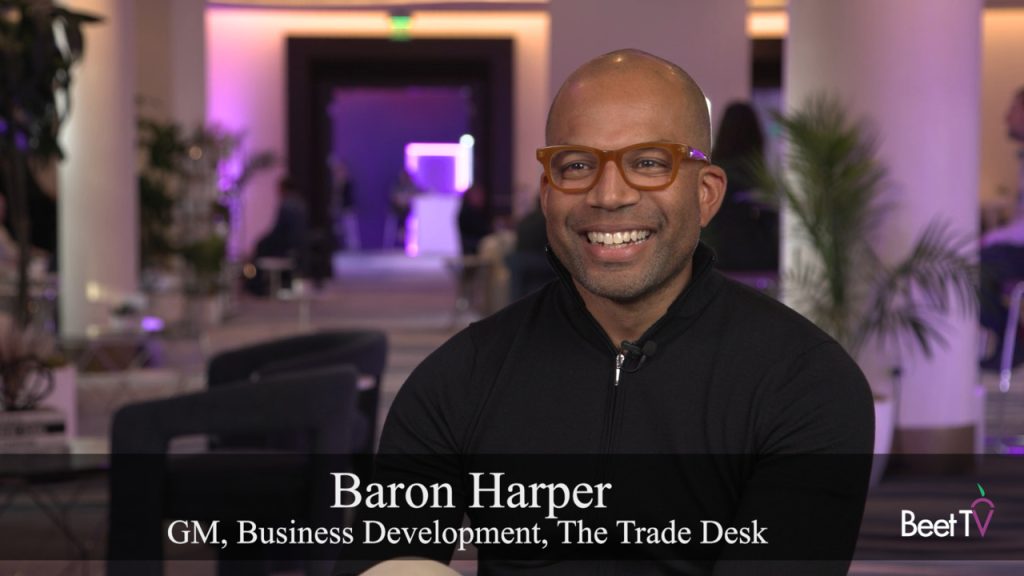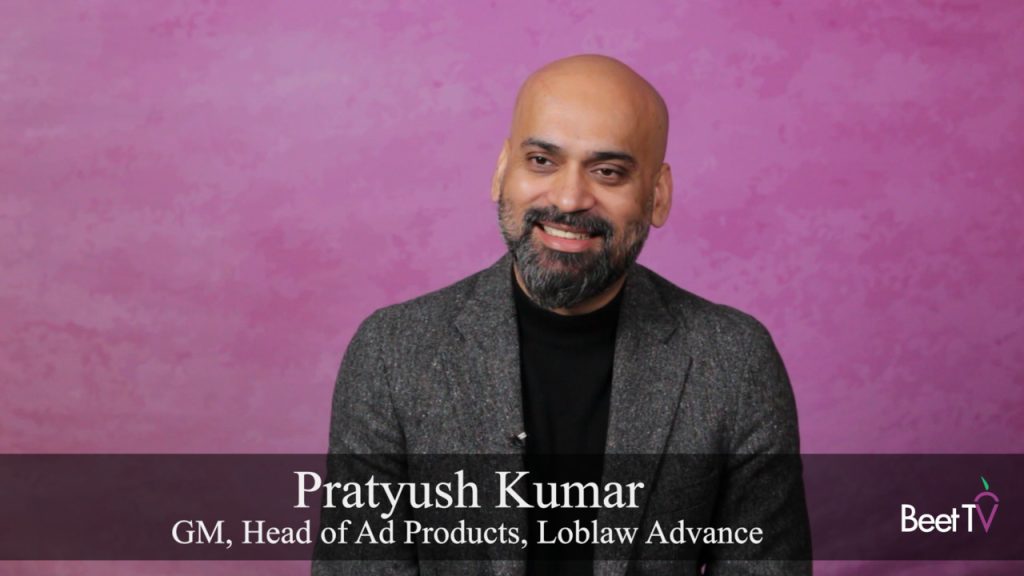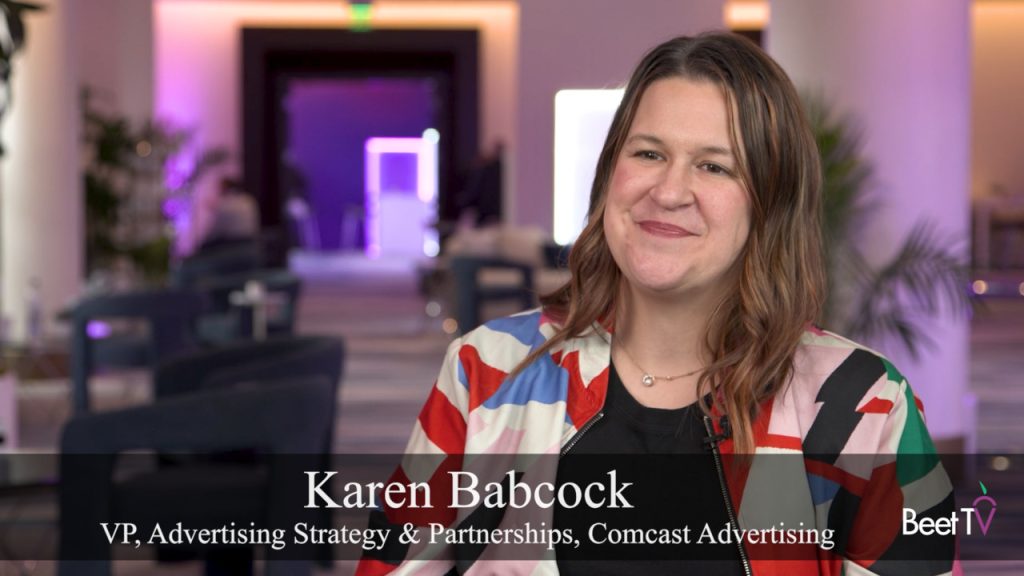
HOLLYWOOD — In a bold assertion, NATPE's CEO Rick Feldman told Beet.TV that he expects Hulu to fail within three years unless the site changes its business model.
"Some organizations think putting your content for free on the Web is a good idea. I think it's a bad idea," he told us in this video interview at the NATPE LA TV Fest. (These comments are at 2:30 in the video)
NATPE is short for National Association of Television Program Executives. "Three years from now Hulu will be history. If you have something no one is willing to pay for, you don't have anything."
He added in a follow-up email that a better business model for Hulu long term will mean adding to the commercial load and including a small subscriber fee.
However, Hulu has been attracting marquee brand advertisers, running top-tier content and generating revenue, as have network Web sites that carry free (ad-supported) programs, such as ABC.com.
Still, Feldman insists there isn't enough advertising revenue to go around, and he expects subscription models to rise up in importance. "Advertisers say they like niche programming, but what's niche? Is niche 5 million or 3,000? The truth of the matter is there is not enough advertising to support all the content creation…there will be some sort of brands where people are willing to pay some sort of subscription fee."
Business models that make sense are those with dual revenue streams like cable or even broadcast, if broadcasters can win retransmission consent, he said.
NATPE is a trade association that runs marketplaces for the buying and selling of content in the United States, Europe, and Africa. NATPE also hosts conferences.
Daisy Whitney, Senior Producer
Disclosure: NATPE is producing partner for Daisy Whitney's New Media Minute.
Video Transcript
Rick Feldman: NATPE is a 46 year old trade show organization that creates environments for people to buy and sell television products and to get together periodically during the year to learn about the television business and to sell their ideas as well as their content. So we…we run a big trade show in January called the NATPE Show, which is in Vegas for about 6-7,000 people. We are partners with an organization called DISCOP, which runs a market in central and Eastern Europe in Budapest in June. We also had a show this year for the first time in Dakar, Senegal. We do the LA TV Festival every July in Los Angeles. And now we do other web seminars and provide other information for aspiring content creators.
The challenges, of course, are major consolidation over the last couple of years, which puts too much power in the hands of few people which makes it difficult for, you know, new people to break him. Certainly, the advertising climate has changed, the recession has really hurt, people are trying to make content for as inexpensively as they can. A lot of battles for rights, how many, what kind of rights you can retain and hold onto, the ability for you to hold onto your negative and be able to sell it around the world, the ability to put your content on the web and get paid for it, all of these issues are issues that we explore both at NATPE and at the LA TV Festival.
Jeff Brooks: And what are you telling people to do about all of these products?
Rick Feldman: We're telling people that the best thing that they can do is to be very…look, everything is difficult. My friend is a dentist and he's losing business because people used to do cosmetic surgery, now with the recession nobody is coming in to get, you know, cosmetic teeth done. So everybody's having a problem and what you need to do is recognize what your talent is, know what you think you've got, get somebody to mentor you, and and push like crazy.
It's not always about money because if you really have an idea that somebody else wants, they'll find a way to make a deal with you and you'll find a way to make a deal with them.
Jeff Brooks: But everybody needs to make money to pay for…
Rick Feldman: Everybody needs to make money, correct.
Jeff Brooks: So nothing's changed.
Rick Feldman: Yeah, well it's not changed because I think people think it's changed, but it really hasn't changed, and, unfortunately, some organizations have thought that putting their content free on the web was a good idea. They're still doing it. My judgment is it's a bad idea and they'll change their mind and eventually something like Hulu three years from now, I think, will be history.
Jeff Brooks: Tell me what's bad. What makes it a bad idea?
Rick Feldman: What makes it a bad idea is because if you can't monetize…look at you have something that no one's willing to pay for you don't have anything.
Jeff Brooks: So then what's a reasonable business model; who has a reasonable business model right now that works?
Rick Feldman: Well cable is a reasonable business model because they have a dual revenue stream with their subscription base and advertising, and I think broadcasters, if they start getting retransmission consent from the cable operators for their signal, will also have a much better business model. And certainly there will be a time that you will be able to make money on the Internet, but the problem is that with ubiquity comes an inability to aggregate enough eyeballs, other than YouTube, to really make it pay off. And advertisers say they like niche programming, but then the definition of niche–what's niche? Is niche five million or is niche 3,000? What's niche? And I think those definitions are all being challenged now.
The truth of the matter is is there is not enough advertising to support all of the content creation. So eventually you're gonna have to have some sort of a platform, like The Wall Street Journal or The New York Times or something, some sort of a brand that people are willing to pay some sort of subscription fee for because there's just not enough advertising to support everybody that wants to have a channel.


























